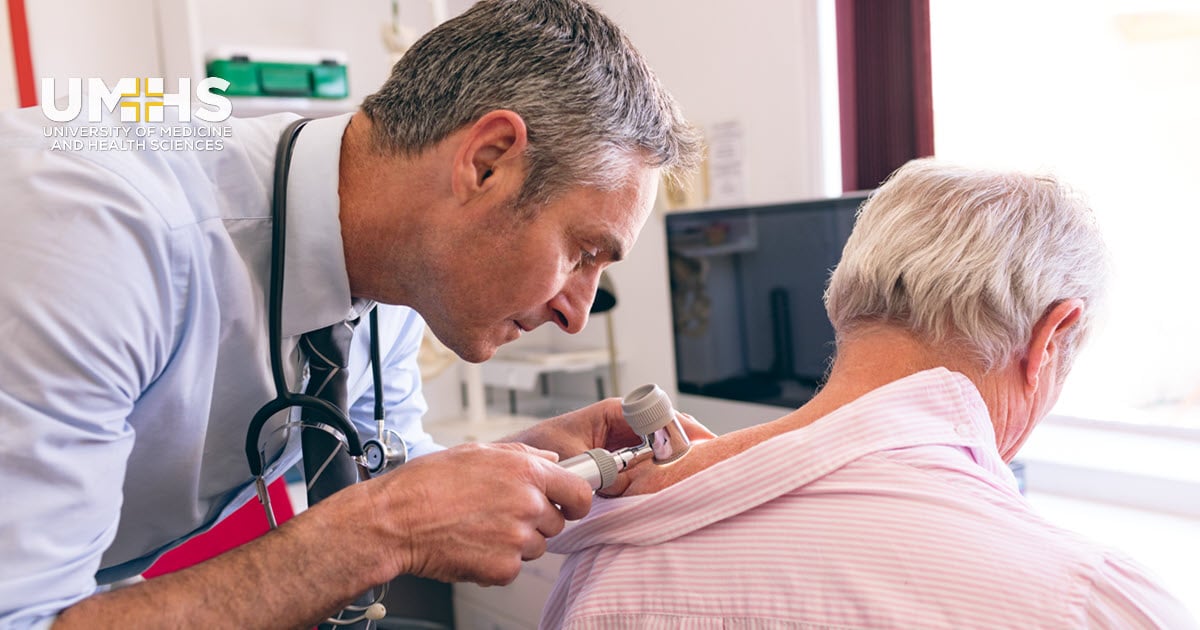Navigating Skin Cancer Cells Therapy: The Necessary Function of Mohs in Modern Dermatology Practices
Skin cancer, a challenging diagnosis, often leaves people coming to grips with various therapy choices. Among these, Mohs surgical procedure stands as a beacon in modern-day dermatology, renowned for its careful method to cancer cells removal and conservation of surrounding healthy and balanced tissue. This innovative method promises not just superior cosmetic end results but additionally provides immediate results, easing individual anxiety. As we discover the complexities of this treatment, one will value its pivotal function in skin cancer therapy.
Understanding Skin Cancer Cells: Kinds and Dangers
There are 3 primary types of skin cancer: Basal cell carcinoma, Squamous cell cancer, and Cancer malignancy. It accounts for just regarding 1% of skin cancer cases but causes the vast bulk of skin cancer cells fatalities. Danger elements include reasonable skin, background of sunburn, too much sun exposure, living at high altitudes or shut to the equator, having many moles, a family members history of skin cancer cells, and weakened immune system.
What Is Mohs Surgery and How It's Reinventing Skin Cancer Cells Treatment
Despite the many therapies currently offered for skin cancer, Mohs surgical procedure attracts attention as a groundbreaking and highly efficient option. Named after Frederic E. Mohs, the physician that created the procedure, Mohs surgical procedure is an accurate medical method used to treat skin cancer cells. During the procedure, slim layers of cancer-containing skin are progressively eliminated and examined till just cancer-free tissue stays. This strategy permits the cosmetic surgeon to validate that all cancer cells have been eliminated at the time of surgical procedure. This degree of precision, integrated with the capacity to save as much healthy tissue as feasible, is revolutionizing skin cancer therapy. As an outcome, Mohs surgery has ended up being a keystone of modern dermatology practices.
The Benefits of Mohs Surgical Procedure Over Typical Skin Cancer Cells Treatments
Building on the innovative nature of Mohs surgery, it's vital to consider its many advantages over conventional skin cancer treatments. Unlike standard operating procedures, Mohs offers a greater cure price, usually getting to 99% for newbie treatments and 94% for reoccurring cancers. This accuracy results from its one-of-a-kind technique of gradually removing and analyzing cells layers till only cancer-free cells remain (dermatologist). In addition, it lessens damage to healthy skin, bring about much less scarring and improved aesthetic end results. Mohs likewise provides prompt results, eliminating the anxiety-ridden delay typical with other approaches. It's affordable, as the surgery and tiny evaluation happen simultaneously, getting rid of the need for added lab solutions. Therefore, Mohs represents a substantial improvement in skin-related methods.
The Treatment of Mohs Surgery: What to Expect Throughout the Refine

Possible Side Results and Post-Operative Care of Mohs Surgical Procedure
Going through Mohs surgical procedure, like any type of various other procedure, entails prospective negative effects that clients need to be aware of. Typical adverse effects include discomfort, wounding, and swelling at the surgical procedure site. These are generally temporary and workable with over the counter discomfort medicine and ice packs. In rare cases, clients might experience infection, blood loss, or an allergy to the local anesthetic. Post-operative care is important to recovery and minimizing side impacts. This normally entails maintaining the injury tidy and completely dry, taking prescribed medications, and avoiding difficult tasks. People need to also attend all follow-up appointments for wound care and tracking. In some situations, extra treatments may be needed to make certain full elimination of the malignant cells. Abiding by these post-operative treatment guidelines can considerably improve healing and results.
Final thought

Comments on “Schedule a skin check skin cancer with routine screenings.”